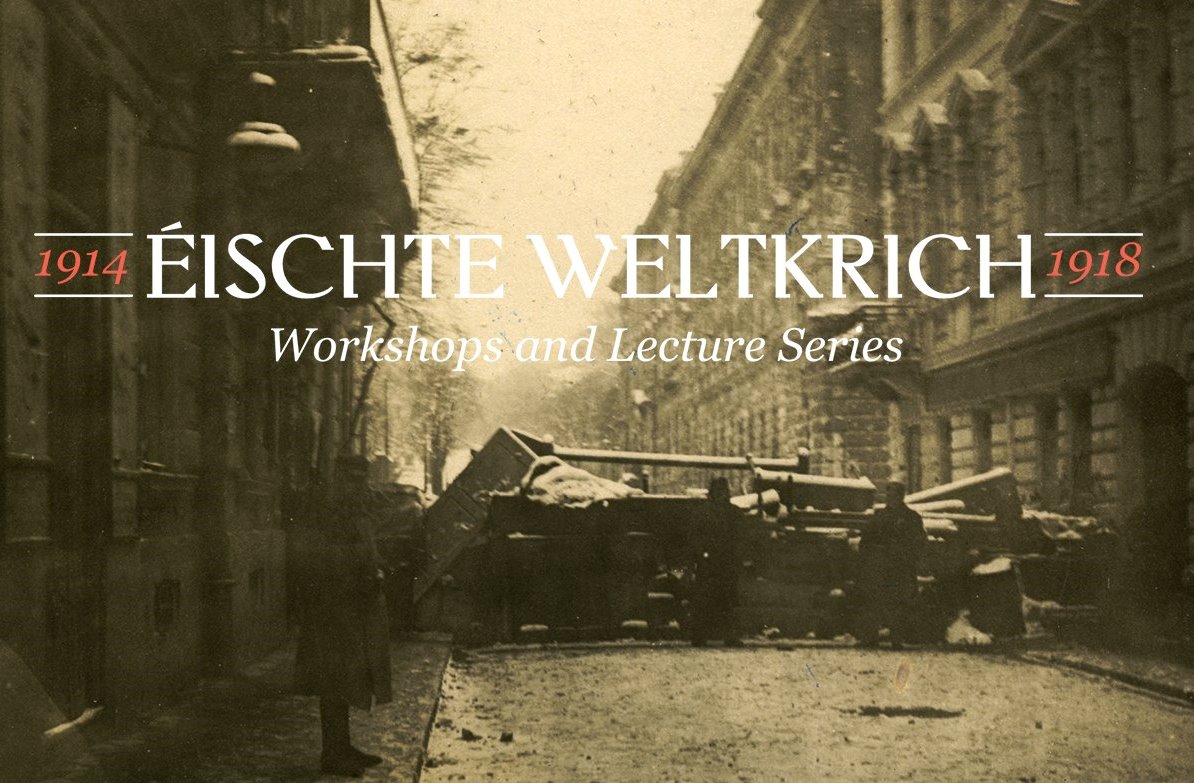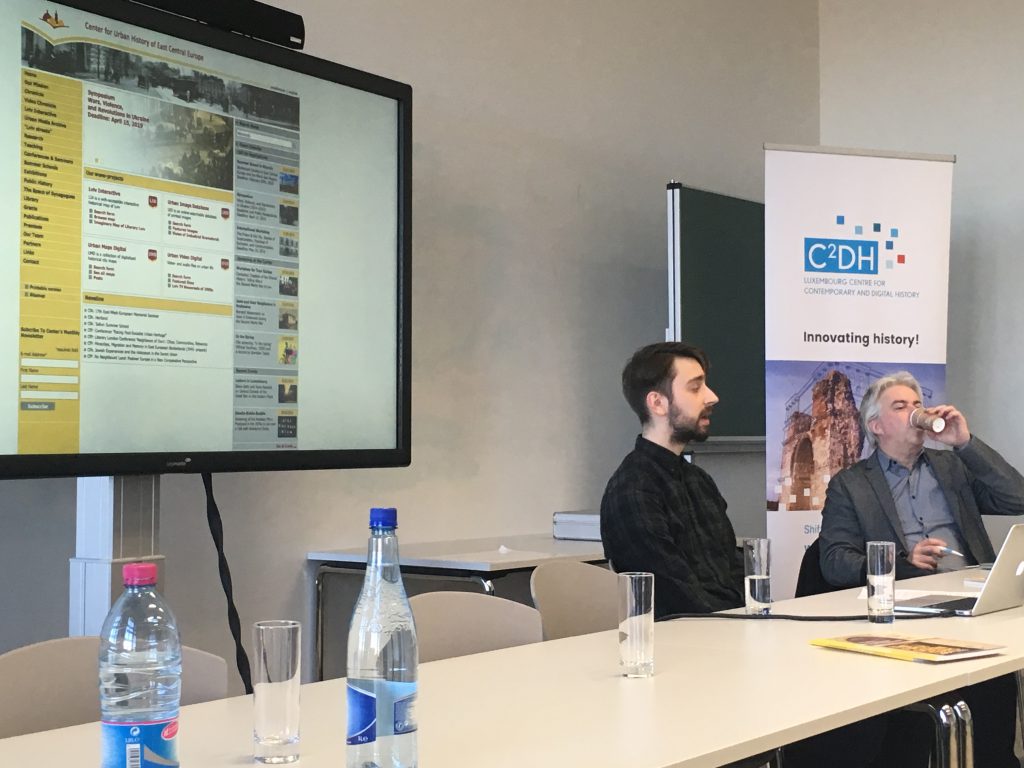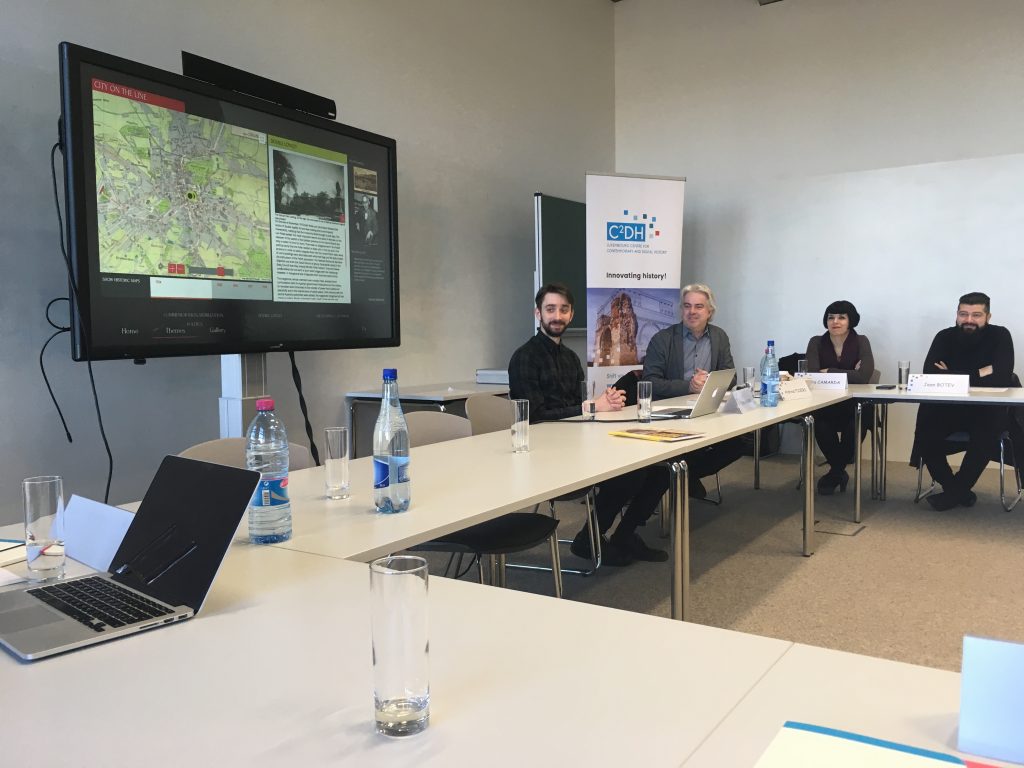The Great War: view from the East - The cases of Kyiv and Lviv
Olena Betlii, Taras Nazaruk
February 25, 2019 / 11.30 am
Luxembourg Centre for Contemporary and Digital History
Olena Betlii (Kyiv-Mohyla Academy / Center for Urban History) and Taras Nazaruk (Сenter for Urban History) will deliver a lecture in Luxembourg.
Although the battles of the First World War on the Eastern Front had devastating consequences for the region of Eastern Europe, cities like Kyiv and Lviv were comparatively less affected by direct warfare until 1918. In these cities, the global conflict was experienced largely through mobilisation, economic crisis and epidemics. But for both Kyiv and Lviv, the day of 11 November 1918 did not mean the end of the war. With the collapse of empires and revolutions radically redrawing the map of the region, Lviv and Kyiv found themselves caught up in other even more violent military conflicts and radical transformations. Lviv was the epicentre of the struggle between Ukrainians and Poles in their war for independence. And after the Russian revolution, Kyiv was initially the centre of the Ukrainian movement, before becoming the capital of Ukrainian People’s Republic.
The talk will present a general context of the Great War on the Eastern front with a special focus on home front cities like Kyiv and Lviv. It will also highlight the digital projects Lviv in the Great War and City on the Line which were prepared by the Center for Urban History with the aim of enriching the public debate with social and individual perspectives of the global military conflict.
The Luxembourg Centre for Contemporary and Digital History (C²DH) is the University of Luxembourg’s third interdisciplinary research centre, focusing on high-quality research, analysis and public dissemination in the field of contemporary Luxembourgish and European history. It promotes an interdisciplinary approach with a particular focus on new digital methods and tools for historical research and teaching.


